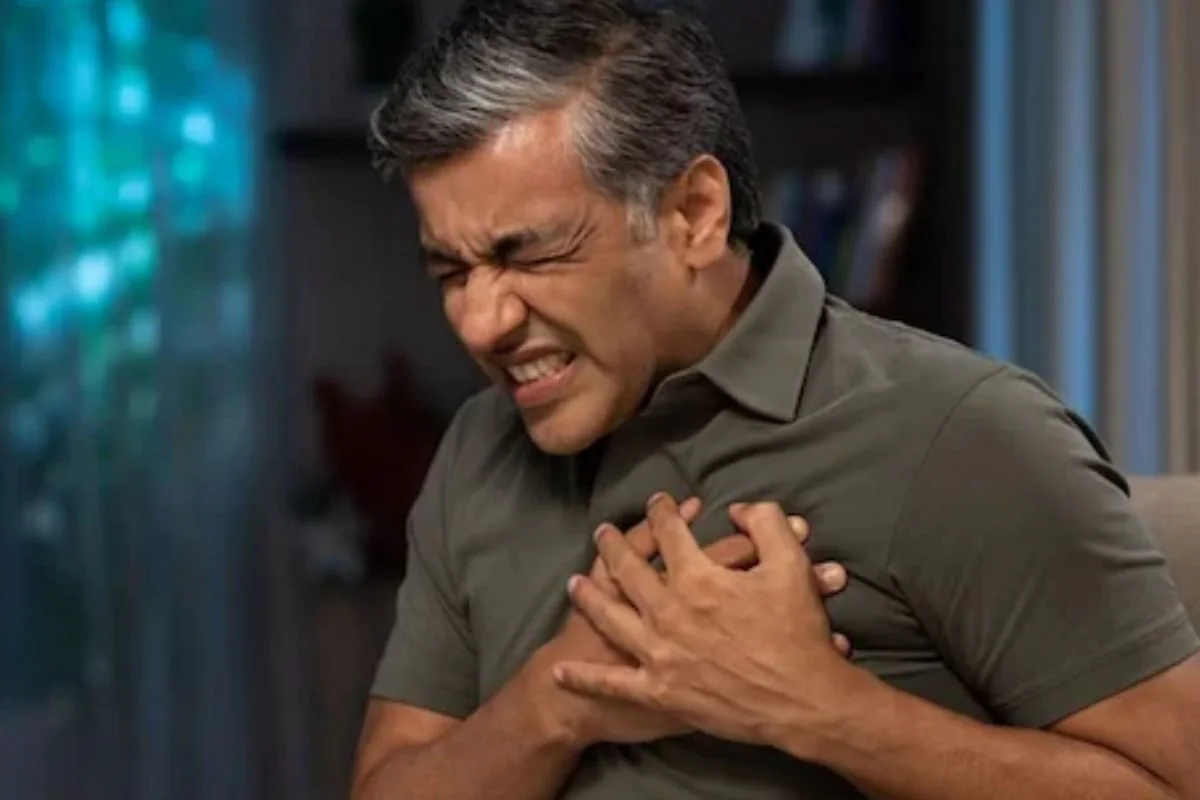Sep 11,2024

Abrupt interruption of the heart’s blood flow is the root cause of heart attacks. The cardiac muscles could become harmed and start to perish without this supply. Without immediate treatment, the heart muscles can undergo irreversible damage, which can lead to reduction in pumping capacity of the heart, abnormal and irregular heartbeats (arrhythmias) and even death.
One of the plaques bursts or ruptures prior to a heart attack, resulting in the formation of a blood clot at the location of the rupture. A heart attack occurs when a plaque in a coronary artery ruptures, leading to the formation of a blood clot at the rupture site. This clot can obstruct blood flow to the heart, causing a heart attack.
Sudden cardiac arrest is a life-threatening condition that can happen to anyone, including people who seem healthy. Dr Jyoti Kusnur, Consultant Interventional Cardiology, Manipal Hospital, Goa explains the risk factors:
Lifestyle changes to prevent attacks can be effective in reducing cardiac related morbidity and mortality in the community. People must be encouraged to give up smoking and excessive alcohol intake. Junk food should be avoided; healthy dietary habits should be adopted.
Dr Kusnur adds, “Consumption of green leafy vegetables, coloured vegetables and plenty of fruits which are rich in minerals, vitamins and antioxidants help in reducing the occurrence of heart attacks. Intake of whole grains and plant origin proteins should be advised. Excessive consumption of red meats, fried and fatty salty foods as well as processed foods should be avoided or at least minimized.”
Time spent on outdoor recreational activities should be increased, 3-4 kilometres of brisk walking (over 45 minutes) daily is recommended. Screen time should be reduced as addiction to phones, social media and the internet lead to altered sleep wake cycles and constant release of stress hormones which damage the blood vessels of the body.
“Last but not the least, it is important to get regular health check-ups done, with sugar tests, lipid profile and blood pressure monitoring. Cardiac disease screening is useful in early detection of blockages and risk factors, which can be treated effectively if diagnosed in time, and lives can be saved,” signs off Dr Kusnur.
.svg)
